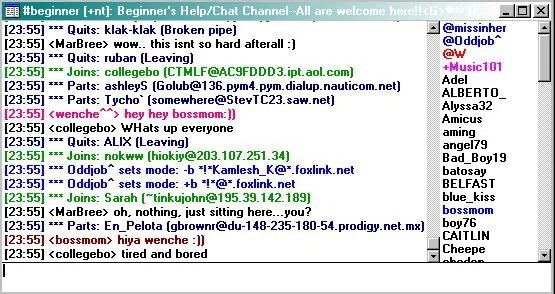Why Uclusion over Kanban boards, Slack, and Jira

Even though they were invented in the 1990s Python and Java are still useful languages, but other old inventions, like Scrum, group chat, and Kanban boards have no place in modern software development.
Group chat started with IRC in 1988 and the human to human interaction (not alerts from integration APIs) hasn’t changed other than unfurling, more emojis, and threads.

Kanban boards, the expansion of Jira beyond issue tracking, date back to 1970s Japanese factories and are also mostly unchanged.
Scrum was first implemented in 1993 and somehow remains constant despite game changers like cloud software and remote work.
Team meetings rubber stamp
Scrum says self-organization but then assigns each detail to a different manager. However, even teams that break with Scrum to distribute responsibility still use the team meeting, a time-boxed collaboration cage match.
The Scrum guide dictates that meetings be about consensus building - not ideation or hearing alternatives:
The Product Owner proposes how the product could increase its value and utility in the current Sprint. The whole Scrum Team then collaborates to define a Sprint Goal that communicates why the Sprint is valuable to stakeholders. The Sprint Goal must be finalized prior to the end of Sprint Planning.
Maybe 1990s IT projects were simple enough for the person in contact with the single customer to, every cycle, by himself propose an idea that increases value of a product within two weeks. For modern software this is a ridiculous ask.
Once the planning meeting is over the standup, no matter how bloated beyond 15 minutes, cannot effectively course correct. So comes feature factory, or more generally code factory, an endless creation of things that no customer ever uses while technical debt and basic stability are squandered.
Any team meeting must be about consensus building because that’s what team meetings do. So retrospectives don’t work because you can’t fix meeting based process with more meetings.
When JetBrains developers wanted off of Java’s 1990s issues they had to invent Kotlin. Teams that want off of meeting based process need a better technology.
Uclusion is better
Uclusion is an opinionated task management app that combines communication, collaboration, assignments, and status.
Helps move the needle
Coding the right thing, the right way is first priority so Uclusion notifies the team to add an approval with reason and certainty for each assignment. Once approved an assignment must get an estimate or automatically be moved back to approval after a configurable number of days. If estimates change the team is alerted and if the assignment is past the estimated date for the configurable number of days, it again automatically moves back.
Plus anyone can open a blocking issue, question with voteable options, or suggestion with voting on any assignment at any time. Uclusion also includes workflows for asynchronously getting feedback, critical bug assignment, discussing backlog, and much more.
Enables a maker’s schedule
A maker’s schedule avoids team meetings, because you can’t concentrate in a group setting.
When you’re operating on the maker’s schedule, meetings are a disaster. A single meeting can blow a whole afternoon, by breaking it into two pieces each too small to do anything hard in.
Also with teams working across time zones, team meetings reduce the time available for one on one interactions.
Real status at a glance
When a tool captures collaboration, it can also track what needs assistance, review, outstanding mentions, required approvals, etc.
Guided instead of chaos
People write guides the size of books to try to control group chat or spend years customizing Jira but neither works for developers. Developers don’t have the time to invest in bad tools so Uclusion is, out of the box, developer first in all ways.
With Uclusion your team moves on from 1990s style software development, and enjoys the benefits of working together asynchronously.
